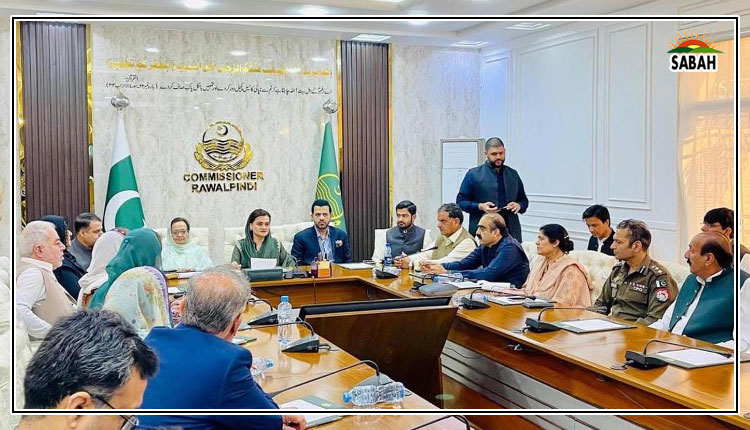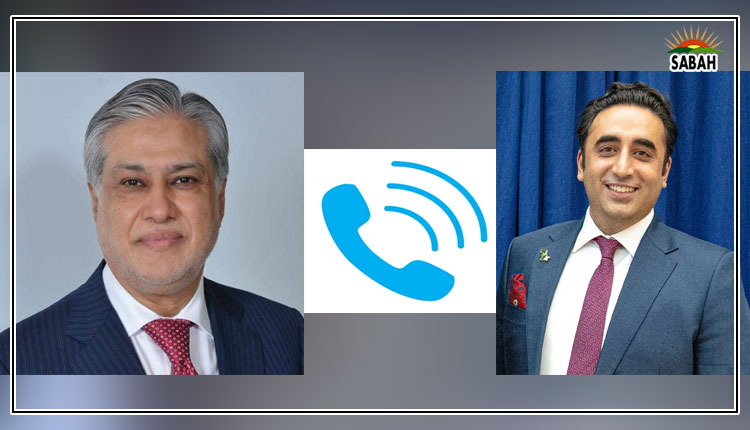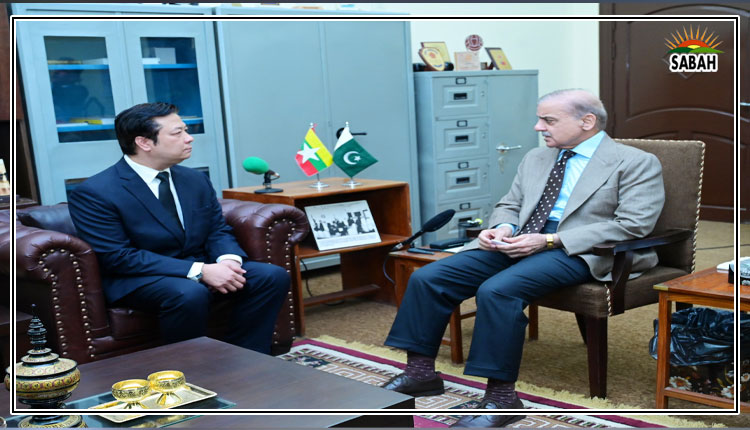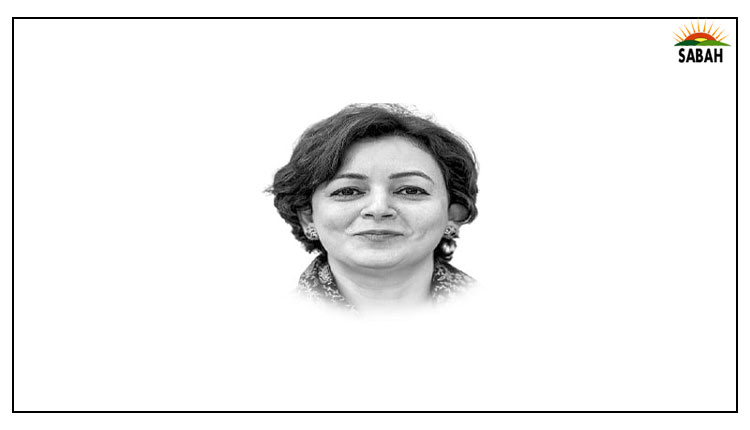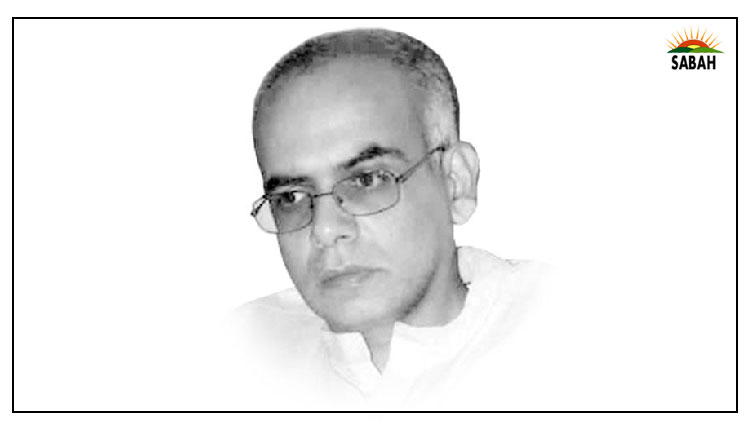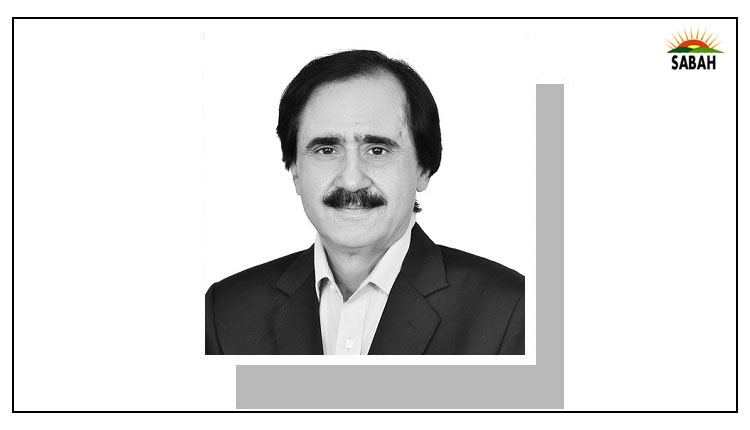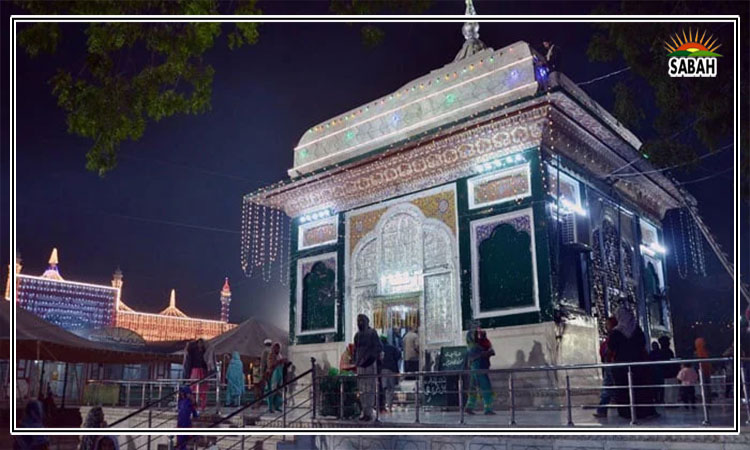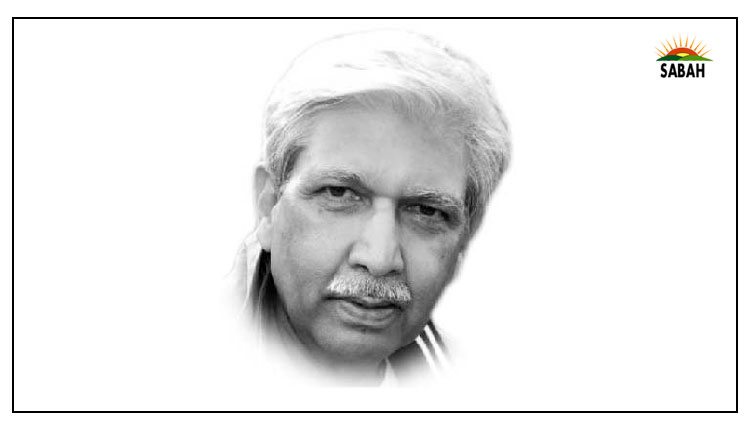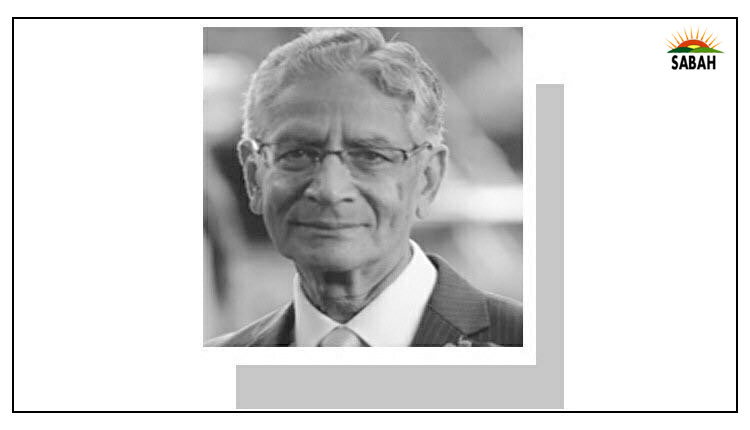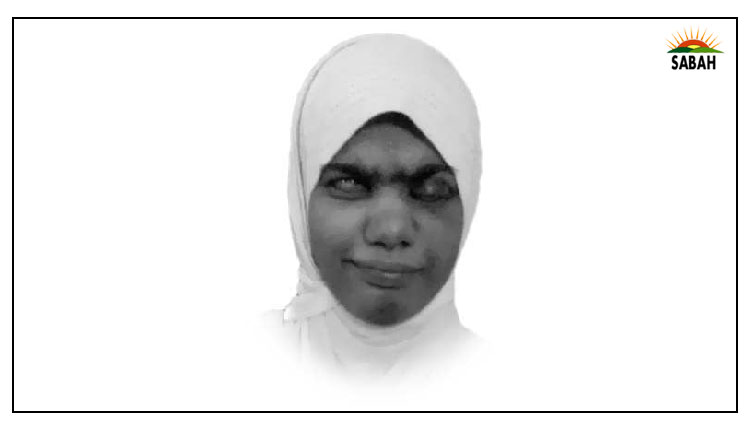An endless tale of hope and change…Sara Aslam Basar
As a child, most of my entertainment consisted not in listening to mystic fairytales, but the most fascinating accounts of independence and alluring political ventures launched in the name of hope and change. Consequently, like the rest of the nation, unconsciously, I too began reading the tale of hope and change; the characters and authors of each chapter whereof kept changing. I will take a meticulous look at my personal experience of going through this tale.
This mesmerising tale begins with the disastrous event of 1857s War of Independence, waged to free Hindustan from the control of the East India Company, but resulted in the sub-continent falling into the hands of British Empire as a colony for the upcoming century.
However, the following with the auspicious twist: The commencement of the 20th century, under the credible leadership of Quaid-e-Azam and Allama Iqbal, etc lit up a ray of hope for the Muslims of the sub-continent for a better future, and ultimately the Muslim community was able to achieve the goal.
Then, while lamentably going through the post-independence chapters, all of a sudden I was enchanted with the heroic emergence of Zulfikar Ali Bhutto in the political arena. Hoping to cherish the incomplete dream of building a stable, democratic and a welfare state, I was flabbergasted to chance upon the changed map of Pakistan appended with one of those chapters.
I began reading the next chapter with mixed feelings of hopefulness and grief. The already diminishing zest further vanished when the then Army Chief, Gen Zia-ul-Haq forcefully imposed his version of Islam upon the nation.
Though the next chapter also began on a hopeful note, illustrating the change from nearly a decade-long military dictatorship towards a democratic set-up of 1990s, barely few pages of delightedness were passed and this chapter also proved to be a chafe for a patriot like me.
The following chapter was populated by another military leader, Gen Pervez Musharraf, who too promised the nation to welcome new millennium with yet another change. I hesitantly resolved to back him in the name of indiscriminate accountability, eradication of corruption and genuine democracy. However, his tenure ceased with the removal of the sitting Chief Justice of Pakistan following the entire judicial set-up.
The forgoing event led me to the chapter of my personal interest: for the first time, during Musharrafs tenure, the nation stood up for the protection of the judiciary once again hoping for the change that might lead them to a new era. But alas, this chapter also had a disenchanting end.
The next chapter was written with unprecedented hopefulness: with the beginning of 2008, another democratic journey was promised, with assurances of perpetuity. The level of awareness among the public gave me hope of a new democratic and prosperous era. Regrettably, this dream also proved short-lived.
Just when I edged closer towards the end of the tale, a new chapter finds its place: The defiant characters vigorously infix innovative catchwords of hope and change into the minds of their readers. I am still going through it and anxious to explore what it tends to bring, either meaningful change or hopelessness.
It seems to be an endless tale. I wonder how many more chapter with a hopeful beginning and a disappointing conclusion I would have to read.
Courtesy The Express Tribune


